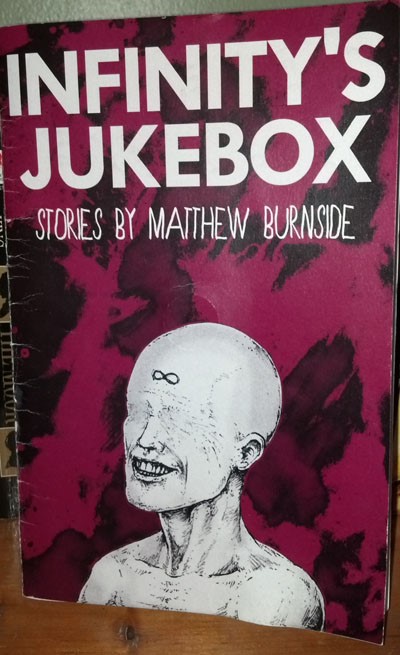28 pages, $4
Review by Jonathan Russell Clark
In his essay, “E Unibus Pluram: Television and U.S. Fiction,” David Foster Wallace describes what he calls “Image-Fiction” as writing that “uses the transient received myths of popular culture as a world in which to imagine fictions about “real,” albeit pop-mediated, characters.” He cites as a practitioner of the art Mark Leyner, whose 1990 book My Cousin, My Gastroenterologist contains lines like, “I had just been fired from McDonald’s for refusing to wear a kilt during production launch week for their new McHaggis sandwich.”
Leyner’s novel and Wallace’s essay popped into my mind as I read Ryan Werner’s If There’s Any Truth in a Northbound Train, which seems to me both a throwback to that style and a cautious update of it. Like Leyner, Werner’s stories are filled with oddballs, off-kilter occurrences and pop references. And Werner also shares with Leyner an ability to distill a situation in very few words. One of Werner’s stories opens like this: “I didn’t marry a girl named Florence and then she won the lottery. That’s not the way I tell it but it sure is the way she tells it, like they’re related, like there couldn’t be one without the other.” Not only is this a very funny line, it’s also remarkably economical––an entire relationship dynamic is established in a handful of words. Continue reading
![[PANK]](http://pankmagazine.com/wp-content/themes/pank/assets/images/pank-logo-large.png)


